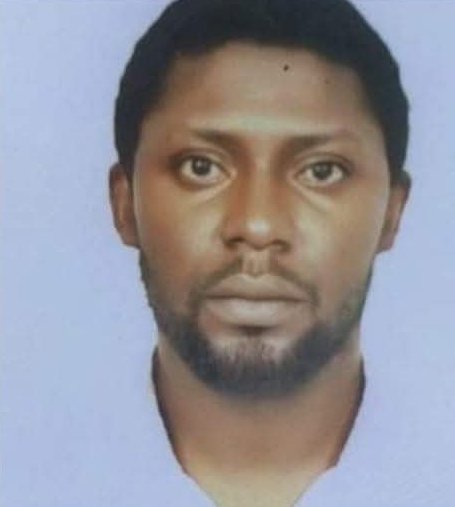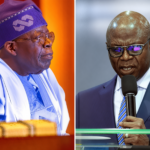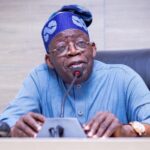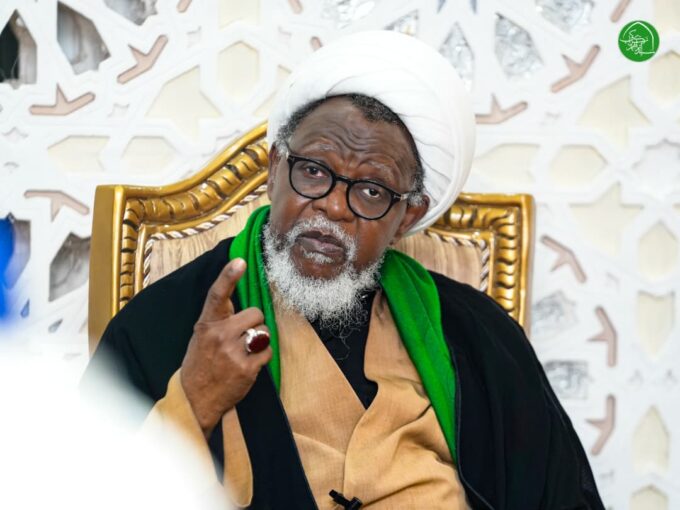By Ahmad Shuaibu Isa
Nigeria is currently grappling with a complex security crisis, with violence spreading especially in Benue State, Plateau State (particularly in Jos), and the broader North-West region. Attacks, often linked to armed herders, criminal gangs, and militant groups, have devastated communities, forcing thousands to flee and leading to greater distrust in government institutions.
In Benue, the tragic killing of over 60 people in Ayati village in August 2024 highlighted the severity of the ongoing insecurity. This was followed by additional violent incidents in Agatu and Kwande in the months that followed. By early 2025, renewed attacks in Katsina-Ala led to mass displacements and civil unrest in Gwer-West, where frustrated residents destroyed public facilities, including the palace of the traditional leader, in protest against what they saw as government inaction.
The situation in Plateau State is just as alarming. In April 2025, the Zike community faced a brutal attack that claimed at least 40 lives. Additionally, incidents like the Allawa killings and civilian casualties during military operations in Sokoto have worsened the security situation nationwide.
While factors like weak governance, high youth unemployment, and ethnic division are frequently cited as root issues, it is crucial to also recognize the role of external influences and global policies that have often destabilized Nigeria. Foreign powers, motivated by geopolitical and economic interests, have at times contributed to arms proliferation, supported questionable regimes, and imposed economic policies that have diminished Nigeria’s capacity and public welfare systems. These actions, often labeled as “aid” or “partnerships,” frequently serve more to advance foreign interests than to benefit the Nigerian populace.
Tackling this crisis requires more than just superficial reforms; it calls for a thorough, strategic approach based on justice, national integrity, and inclusive development. Key theories of development and security ought to guide this effort:
Theoretical Foundations for Sustainable Peace
1. Democratic Peace Theory suggests that stable, inclusive democracies are less prone to violent conflict. Therefore, Nigeria must bolster its democratic institutions, protect human rights, and ensure transparent and accountable governance at every level.
2. Human Security Theory shifts the emphasis from state security to the safety of individuals, highlighting the importance of addressing issues like poverty, hunger, healthcare access, and education to prevent communities—especially young people—from becoming susceptible to radicalization or militia recruitment.
3. Social Capital Theory highlights the importance of community ties and trust in promoting peace. Encouraging dialogue, inclusive cultural practices, and local reconciliation can help reduce communal violence and strengthen community resilience.
Political Reforms and Institutional Renewal
To effectively tackle insecurity, Nigeria must undertake significant political and security reforms:
– Prioritizing the decentralization of power to provide local governments with more autonomy and resources to tackle region-specific challenges effectively.
– Establishing permanent military and police bases in critical hotspot areas like Gwer-West to ensure quick response and deterrence.
– Implementing a national ranching policy to resolve repeated farmer-herder conflicts, supported by strong land-use laws and conflict mediation processes.
– The Nigerian government should also reject external economic models that favor austerity over social investment, as foreign-imposed economic restrictions have often hindered Nigeria’s ability to invest in vital sectors such as security, education, and healthcare.
Social Interventions and Community Resilience
Achieving security requires comprehensive social initiatives that address the underlying causes of violence:
– Creating peace dialogue platforms between herders, farmers, and ethnic communities to foster mutual understanding and resolve conflicts.
– Initiating vocational and entrepreneurship training programs aimed at young people, particularly in conflict-affected areas, to offer alternatives to violence and militancy.
– Providing support services and trauma counseling for violence victims to restore dignity, trust, and hope in communities.
– Engaging civil society, religious groups, and traditional institutions as crucial participants in peacebuilding and national unity efforts.
Accountability and Legal Redress
There is an urgent necessity to address the wrongful targeting of minority groups by security forces. Numerous reports indicate that marginalized communities are often unfairly targeted during military and police operations, lacking due process. Such actions not only violate human rights but also breed resentment and insurgency.
An independent oversight and legal redress system should be established to ensure that all citizens, regardless of ethnicity or religion, receive fair treatment under the law. Security personnel must be retrained in accordance with international human rights standards, and offenders must face legal consequences to rebuild public trust in the justice system.
Regional and International Partnerships
While international collaboration is essential, Nigeria should seek equal partnerships rooted in mutual respect and national interest. It is important for the country to:
– Enhance relationships with ECOWAS and African-led peace initiatives instead of relying exclusively on Western military assistance.
– Reject exploitative security deals or arms agreements lacking transparency and accountability.
– Advocate for global arms control to reduce the flow of illegal weapons into West Africa, a key factor driving banditry and insurgency.
A Vision for Peace and Sovereignty
While Nigeria’s security challenges are intricate, the country also has immense potential for change. A national Peace and Reconciliation Commission, supported by legislation and civil society, could offer a space for healing, justice, and national reintegration.
Educational institutions and media should also take an active role in promoting peace education, instilling civic values, historical understanding, and conflict resolution skills from an early age.
In summary, establishing lasting peace in Nigeria is not simply about enhancing security measures; it requires political bravery, economic independence, and societal transformation. The nation must focus on home-grown solutions, protect its sovereignty from manipulative foreign influences, and renew its commitment to the principles of justice, inclusion, and unity.
Only through such a comprehensive and courageous approach can Nigeria hope to break the cycle of violence and secure a future filled with peace, dignity, and self-determination for all its citizens.
Ahmad Shuaibu Isa ahmadeesir214@gmail.com















Leave a comment